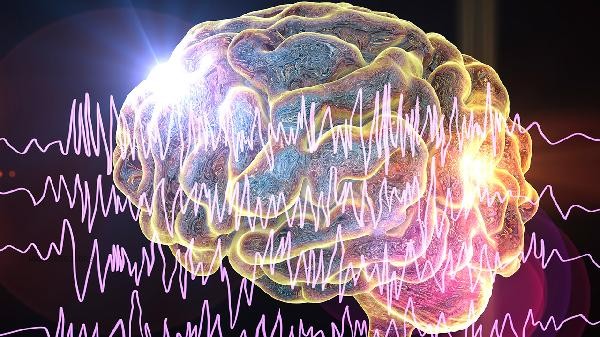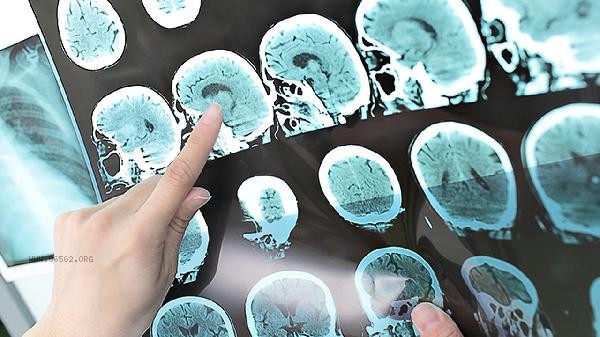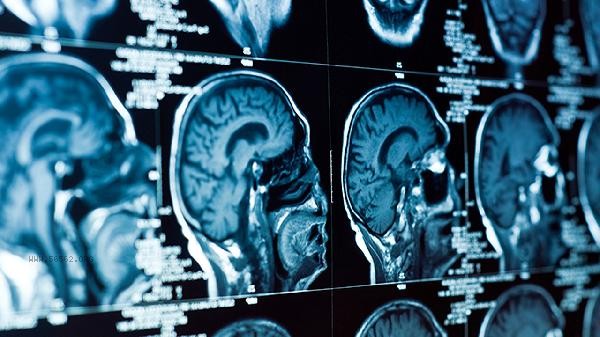A 12-year-old girl's sudden transient brain loss may be related to factors such as sleep deprivation, hypoglycemia, migraines, epileptic seizures, and psychological stress. Transient global amnesia is relatively rare in children, and the cause needs to be investigated based on specific manifestations.

1. Lack of Sleep
Long term sleep deprivation can temporarily impair the function of the hippocampus and affect the memory encoding process. Children need 9-11 hours of sleep per day, and if they stay up late for a long time or have poor sleep quality, they may experience short-term memory gaps. Establishing a regular schedule and avoiding the use of electronic devices before bedtime can help improve symptoms. When the blood glucose level is below 3.9mmol/L, insufficient energy supply to the brain may lead to transient cognitive dysfunction. It is commonly seen in patients who do not eat on time, after strenuous exercise or with diabetes. Symptoms include cold sweat, dizziness, and memory loss. Timely supplementation with sugary foods can alleviate these symptoms. It is recommended to carry candy with you and maintain a regular three meal schedule.
3. Migraine
During the prodromal phase of migraine, there may be memory loss lasting for several minutes, usually accompanied by visual abnormalities or limb numbness. Migraine in children is often related to genetics, light stimulation, or food induction. Keeping a headache diary can help identify triggers, and medication such as ibuprofen and acetaminophen can be used according to medical advice during acute attacks.
4. Seizures
Absence seizures in temporal lobe epilepsy may manifest as sudden motor pauses and post event forgetting, typically lasting no more than 1 minute. EEG examination can detect abnormal discharges, which need to be distinguished from simple syncope. After diagnosis, it is necessary to strictly follow the doctor's advice to take antiepileptic drugs such as sodium valproate and levetiracetam.

5. Psychological stress
Acute stress reactions may lead to transient dissociation symptoms, manifested as memory fragment loss. Commonly seen after experiencing traumatic events such as campus violence and family upheaval. When psychological assessment shows a tendency towards anxiety and depression, it is recommended to undergo cognitive-behavioral therapy, and if necessary, to combine antidepressants such as fluoxetine. When children experience recurrent episodes of brief amnesia, especially accompanied by seizures, consciousness disorders, or behavioral abnormalities, parents should immediately seek medical attention. Improve cranial magnetic resonance imaging, dynamic electroencephalography, and other examinations to exclude organic diseases. In daily life, it is necessary to ensure a balanced nutrition, increase the intake of foods rich in lecithin such as sea fish and nuts, and avoid excessive fatigue and mental stress. Schools should cooperate to provide a relaxed learning environment and reduce psychological stress inducing factors.









Comments (0)
Leave a Comment
No comments yet
Be the first to share your thoughts!